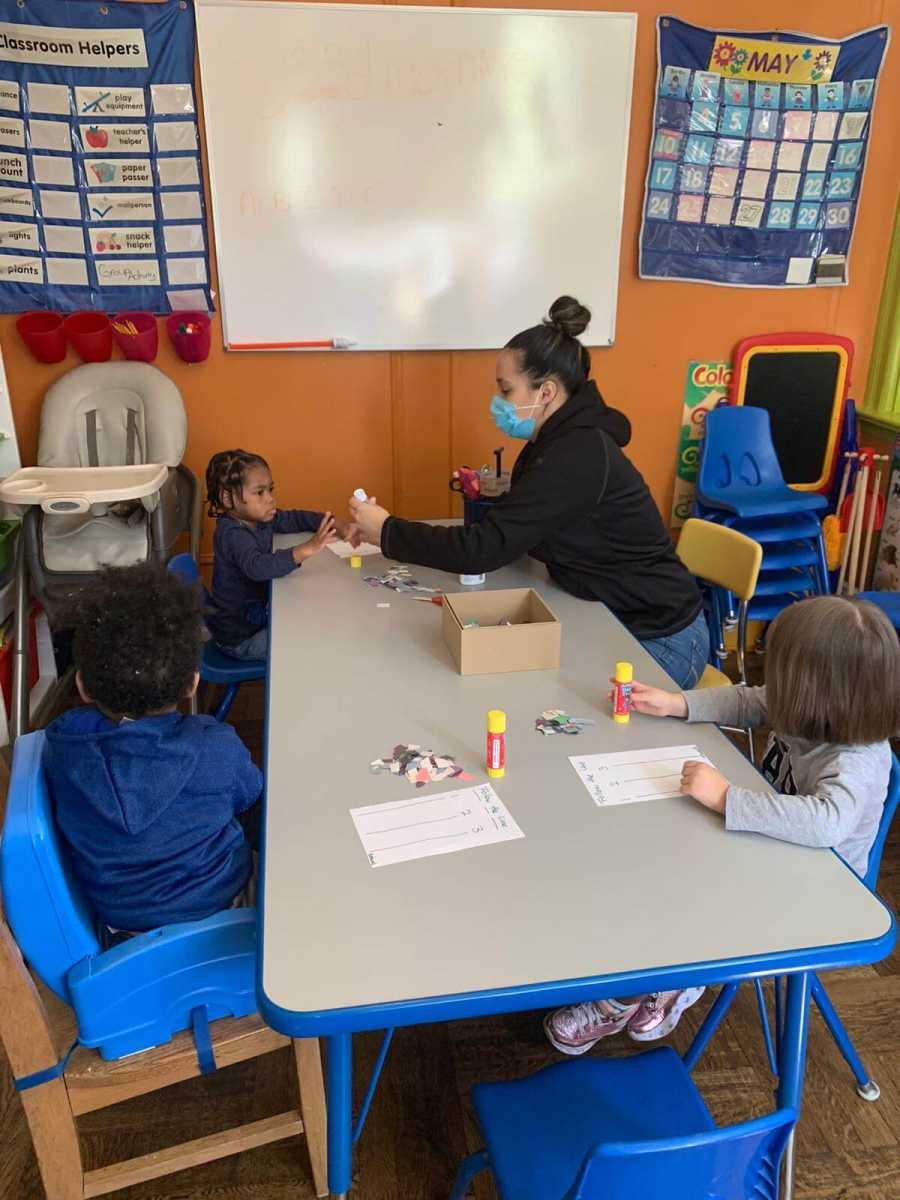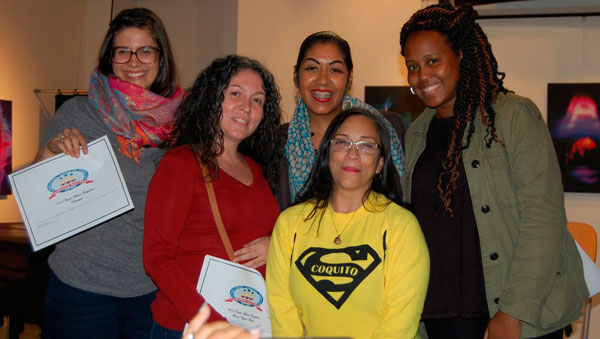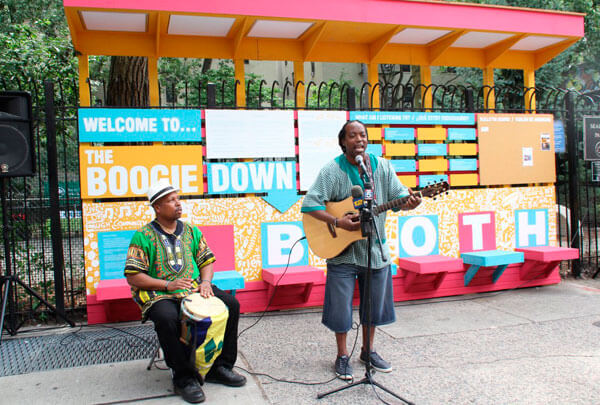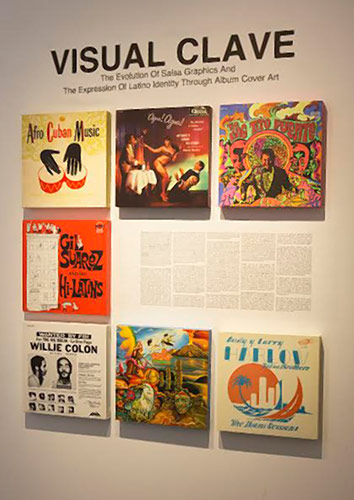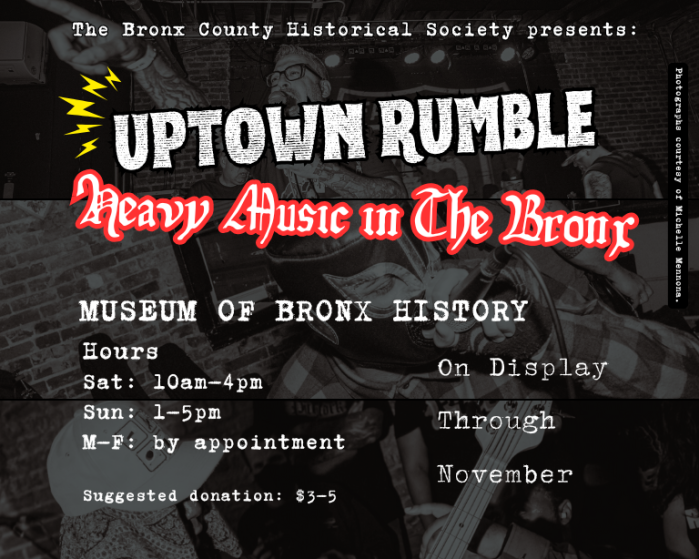Throughout the pandemic, home-based childcare providers citywide have continued to provide their essential service for low-income families.
In the Bronx, the Women’s Housing and Economic Development Corporation (WHEDco) has a professional network of 344 such providers who are licensed with New York and receive state subsidies.
During COVID-19, WHEDco’s network has stepped up to meet the evolving childcare needs of essential-worker parents. Currently, 366 of the children in the network are from the families of essential workers. Some were already in the network and others have been referred by the NYC DOE, which is finding childcare for essential workers.
WHEDco conducts daily health checks with the families and connects them with resources for food access, education technology and mental health support.
Diana Perez, WHEDco’s vice president of Home-Based Childcare Services, told the Bronx Times the pandemic has not been easy on the childcare providers.
“Our whole approach to doing our work has changed,” she said. “There are a lot of challenges working from home.”
Many providers are not tech savvy, so communicating with colleagues and parents has not been a smooth transition. But everyone is slowly getting the grasp of it, she said.
Due to social distancing and being forced to stay home, very few kids have been in daycare the past couple months.
Venecia Soto, a licensed provider in WHEDco’s network, has experienced firsthand the effects of COVID -19 on her daycare. Soto, 54, has operated Tiny Fingers Tiny Toes Childcare at 1729 Fillmore St. in Morris Park for the past 10 years.
Typically she watches 16 kids, but only four of five have been coming lately. She misses the children, but understands why they can’t be there.
“They are kids and they don’t really know what’s happening,” Soto commented.
Since the virus arrived, she sends lessons plans to the parents every Monday who aren’t able to bring their children to her.
But the coronavirus is really hurting her pocket. With so few youngsters coming for childcare, her profits are down. She received a grant from the city but nothing from the federal government.
“How am I going to pay my rent?” Soto said. “Sometimes I think I have to close. Maybe I can afford it now, but what about after two months from now? How am I going to afford the rest of the year? It’s a big struggle for all of us.”

